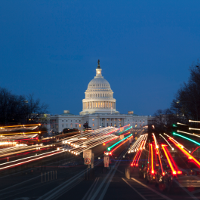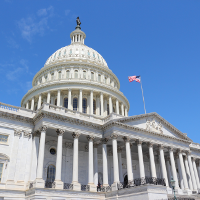This post is one of a series in the #Innovate4Health policy research initiative.
 By Nick Churchill
By Nick Churchill
Severe neonatal jaundice kills over 100,000 newborn babies annually and causes severe brain damage to thousands more. In most cases, the condition can be treated by simply shining a blue light on a baby’s skin. Read more


 Last week, the United States Court for the Southern District of New York entered a
Last week, the United States Court for the Southern District of New York entered a  Venture capital investment in the United States has declined steadily for years, as investors abandon an uncertain domestic climate for more reliable opportunities in foreign countries. In a
Venture capital investment in the United States has declined steadily for years, as investors abandon an uncertain domestic climate for more reliable opportunities in foreign countries. In a  Today, Senators Chris Coons, Tom Cotton, Dick Durbin, and Mazie Hirono
Today, Senators Chris Coons, Tom Cotton, Dick Durbin, and Mazie Hirono  As digital piracy shifts away from torrent downloads and towards
As digital piracy shifts away from torrent downloads and towards  CPIP co-founder
CPIP co-founder  By Mandi Hart
By Mandi Hart In a recent New York Times
In a recent New York Times  In a recent essay responding to a divisive critique of his book, Justifying Intellectual Property, Robert Merges makes clear from the start that he won’t be pulling any punches. He explains that the purpose of his essay,
In a recent essay responding to a divisive critique of his book, Justifying Intellectual Property, Robert Merges makes clear from the start that he won’t be pulling any punches. He explains that the purpose of his essay,